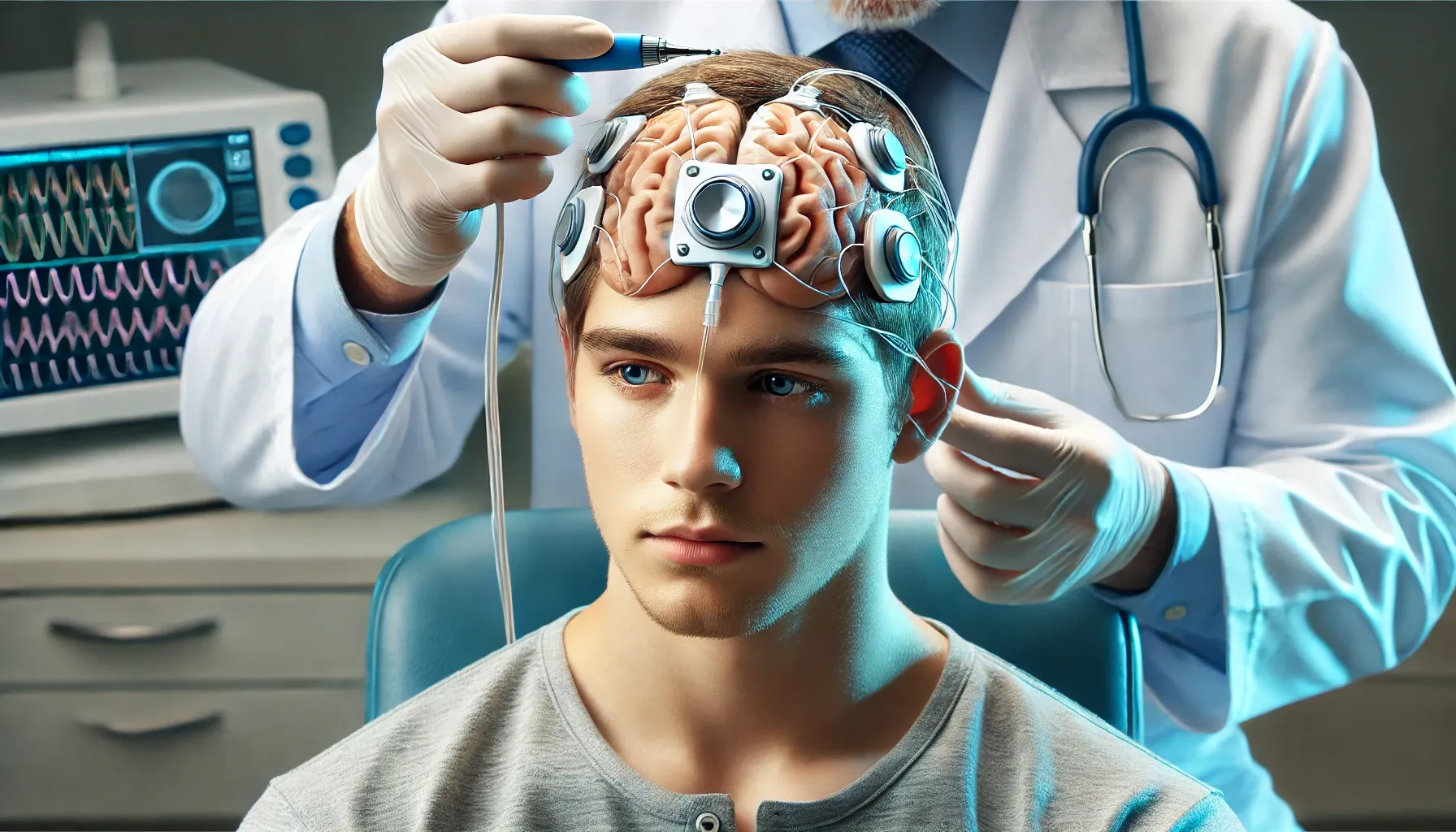Groundbreaking discovery: They will use brain stimulation in treatment

More than 10 million people worldwide live with Parkinson’s disease, and about a third of those patients struggle with severe anxiety that affects their daily lives. Deep brain stimulation (DBS) is already used to treat the physical symptoms of the disease, but scientists believe it could also help relieve anxiety symptoms.
Dr. Lucia Ricciardi, who led the study, said that anxiety in Parkinson's patients is a major treatment need. The study, conducted by researchers from City St. George's University and the University of California, San Francisco (UCSF), examined 33 Parkinson's patients. DBS electrodes were placed on the patients and their brain waves were monitored in three different centers.
The most important finding of the study was that there was a strong link between activity in the basal ganglia region of the brain and anxiety levels. Specifically, as levels of brain waves called theta power increased, patients' anxiety also increased. "We expected this link to exist, but we were surprised by how strong it was," Dr. Ricciardi said.

Scientists believe that this discovery could enable the development of DBS systems that automatically regulate anxiety in Parkinson's patients based on their brain waves. This way, patients' moods can be analyzed in real time and the right signals can be sent to the brain to control anxiety.
One of the early signs of Parkinson's disease is anxiety, said Jonathan Lovett, one of the patients who participated in the study. "If DBS can also improve non-motor symptoms like anxiety, that would be a huge improvement," Lovett said.
The study was supported by the UK Medical Research Council and the US National Institutes of Health. Dr. Simon Little, one of the study's co-leaders, said the discovery could provide a new perspective on anxiety treatment in people with Parkinson's disease as well as those without the disease.
SÖZCÜ




